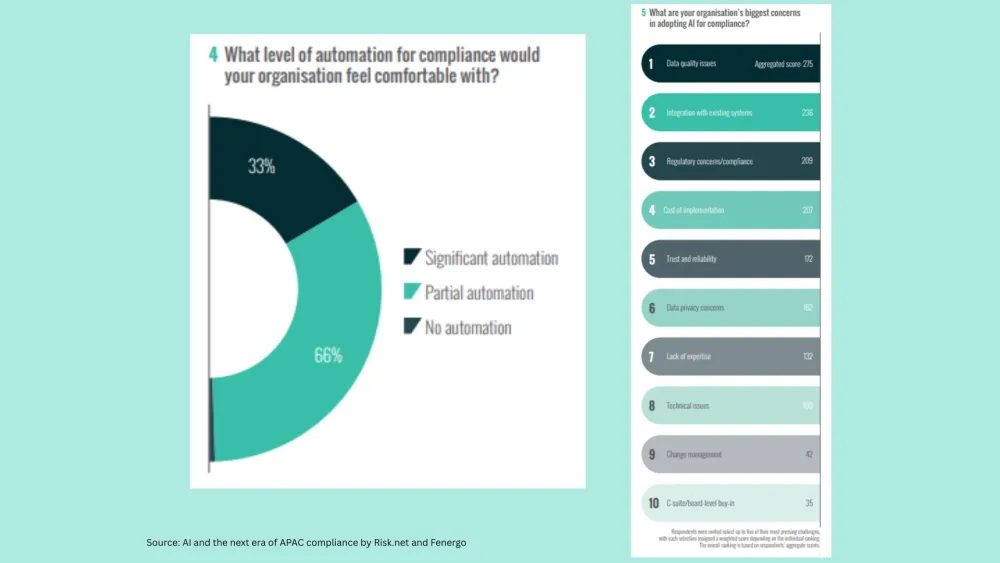COVID-19 Impact on FIs' IT Plans in Japan and APAC
By Eiichiro YanagawaIn the transitional period from the unprecedented emergency to the new normal, the Japanese and APAC financial institutions have stepped up their countermeasures.
In Japan, the responses of survey participants clearly changed after the government declared a state of emergency and the FSA Guidelines for Basic Policies were released. The response of Japanese financial institutions to the crisis has progressed in stages, initially by their changing the “internal IT structure,” then providing “IT support for customers,” and finally “reviewing the entire industry value chain”.
In APAC countries, too, the responses collected after the lockdown or the announcement of IMF’s International Macroeconomics Indicator were greatly different from the responses before them. Many APAC financial institutions, concerned about the stagnation of cross-border transactions, delays and failures in global supply chains, including IT resources, in addition to the slowdown of their own economies, said they were reviewing their IT sourcing models, including how to respond to crises in their IT development and operations.
Results of the Japan/APAC Survey and Implications:
- High impact on business strategy, and the role of technology therein: business growth and retention (92%), innovation (83%) and process optimization (78%) were the top responses, followed by cost reduction (73%) and product and service diversification (65%). As we move from this emergency situation to the new normal, we see a growing demand for process optimization and diversification of products and services. At the same time, cost pressures will be further felt as the macroeconomic slowdown becomes clearer. In this sense, it’s too soon to be optimistic when looking at these results because this survey was conducted in the early stage of the crisis.
- The 2020 IT budget: the majority of respondents (52%) are taking a "wait-and-see" stance on the IT budget review (nothing has changed so far, and they expect the lockdown or restrictions to be lifted soon so that they won’t have to change the IT budget). Among the companies that responded to the survey, 35% have already reviewed their IT budgets and 22% have cut back. The majority (74%) of the respondents who have already reviewed their IT budgets said that they did it by " keep-and-shift" (changing budget items and/or priorities within the same IT budget.) This shows agility and promptness that are required in this crisis response. In order to establish a new normal, they plan to revise their IT budget, including fixed costs, in the second quarter, and implement it starting the second half of the year (a major Tokyo-based securities company said).
- Impact on IT investment plans and priorities: 35% of respondents intend to invest in IT as planned, 39% limit it to priority investments, and 26% are undecided. However, it might be difficult for those who are willing to invest to maintain their positive stance in the Japanese market, where calls for social distancing and the easing of the three Cs (closed space, crowded places, and close-contact) are taking shape. Some survey participants also said that it was a challenge to secure SI consultants, and that they had to start reviewing not only new development but also IT operation and maintenance systems in general. In adapting to the new normal, the biggest challenge is to review the IT personnel structure and sourcing model. Celent would like to set out a strong warning, especially to Japanese SI services (on-site, on-premises and scratch development based). Moving to the cloud or SaaS (Software as a Service) model is no longer an option, but a requirement.
Financial institutions have been largely successful in their initial responses to the New Normal after the COVID-19 pandemic (After COVID-19: AC). On the other hand, the second half of 2020 will be the time for leading companies to launch their new IT strategies of the AC era. They should focus on aiming at achieving a radical and sustainable revolution, rather than being proud of their initial success.
The COVID-19 pandemic is undoubtedly an unprecedented crisis, but it is also an opportunity for all companies to see how they can innovate their IT strategies for the new world after the crisis. We should start working on causal treatment for adaptation to the new normal.




















 Advertise
Advertise











